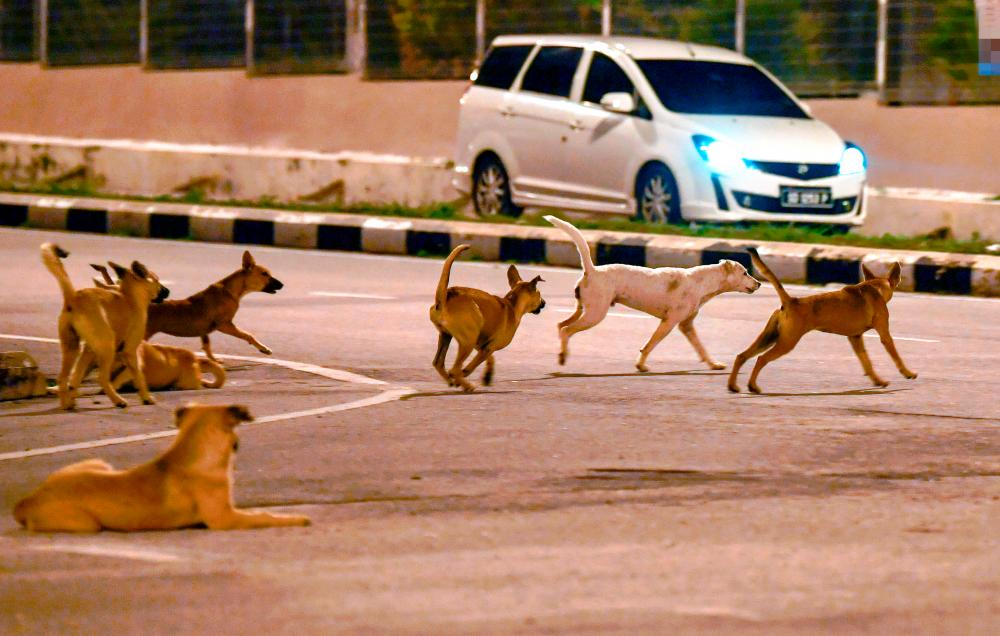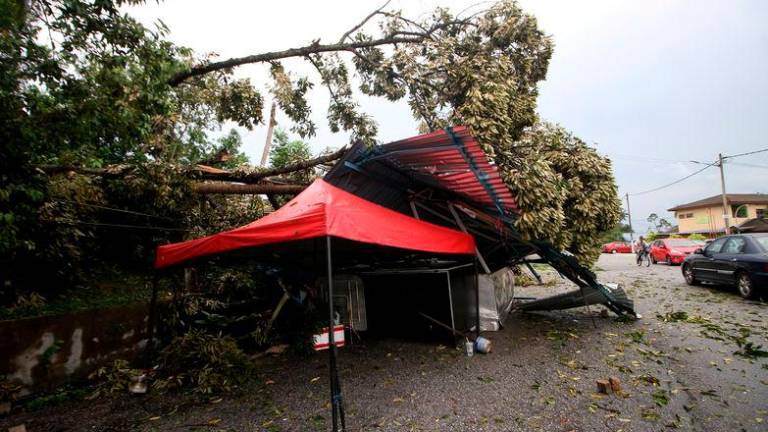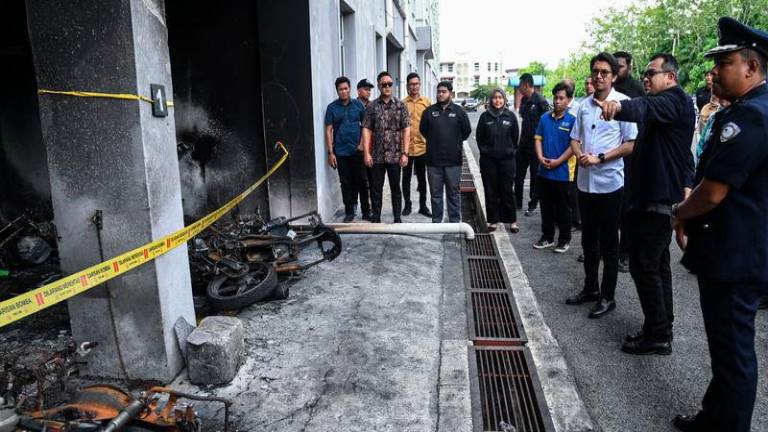PETALING JAYA: A total of 160 animal cruelty cases were reported last year, which is an increase of 25.98% from 127 cases in 2021, said the Veterinary Services Department.
However, its spokesman said the figure is 39.62% lower compared with 2020, involving 265 cases, which was also the highest number reported between 2020 and last year.
“Research shows animal abuse is linked to domestic violence and mental health issues. Cases that were charged in court involved animals being brutally beaten, injured and killed.”
The spokesman said cockfighting is also classified as cruelty to animals and those involved may not be aware that the activity causes suffering and death to animals, and is an offence.
“There was a case in 2020 in which 28 men were sentenced for engaging in cockfighting for gambling,” he said.
Selangor Society for the Prevention of Cruelty to Animals (SPCA) general manager Kelvin K.T. Cheah said education is critical to ensure animals are safe.
“We don’t see a sudden increase in animal cruelty cases. It’s just that such cases are now receiving more publicity from the media and citizen journalists.
“Hence, the perpetrators are being exposed more easily than they previously were,” he said.
Cheah added that SPCA dealt with about 70 cases a month before 2015, which were all transferred to the Selangor Veterinary Department for further action.
“Last year, we rehabilitated about 130 dogs and 70 cats monthly.”
“Recent cases include a tenant at a condominium unit at Bandar Sri Permaisuri in Cheras who allegedly abandoned animals in the apartment, causing their deaths. There was also a mass poisoning case involving more than 25 stray dogs in Penang.
“We have been moving towards a no-kill policy since 2013.
“Unless the animals have a place to go, we have to keep other requests on our waiting list,” he said.
SPCA offers the Stray Free Selangor scheme, which is a subsidised neutering project for rescuers, apart from flexible surrendering policies where they can take the animals back after two months if they are not adopted.
“We also offer to fundraise for animals that need medical treatment, provided the rescuer continues caring for them,” Cheah said.
PAWS Animal Welfare Society shelter manager Edward Lim said education in school is critical to reduce cases of animal cruelty.
“Throughout our education from primary school to university, we have never been taught about animal welfare.
“This has made people grow up without much exposure to animals or how to treat them, especially strays, with compassion,” Lim said.
He added that PAWS is known as the shelter for unwanted pets as it receives pets from owners who cannot care for them.
“Animal rescuers pick up strays from the streets and send them to us as well.
“Our biggest challenge at PAWS is funding, as we have to cover vaccination, neutering, feeding and medical care if the animals are not well.
“Finding homes for pets is not easy as fewer people are adopting after the pandemic since they are facing financial issues.
“We also give talks at universities and colleges to encourage students to adopt a stray,” he said.










